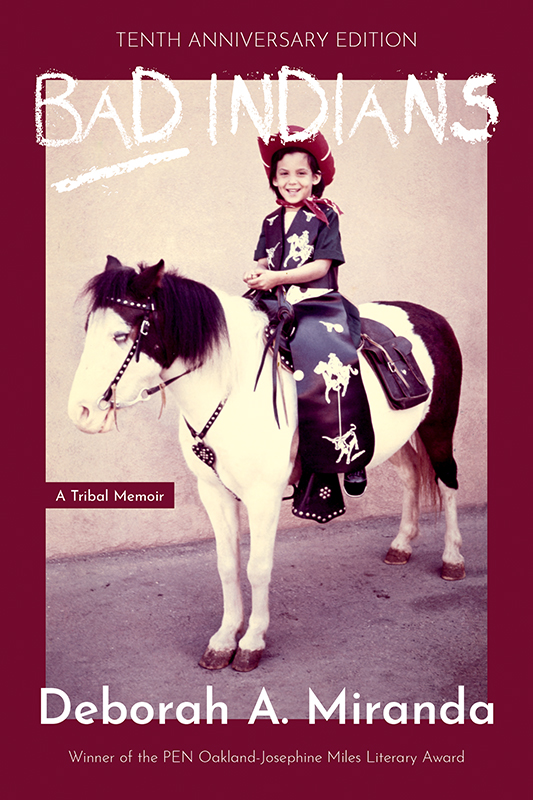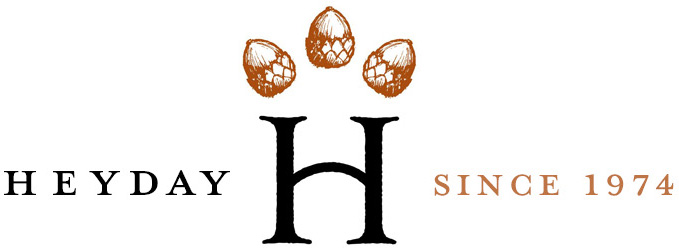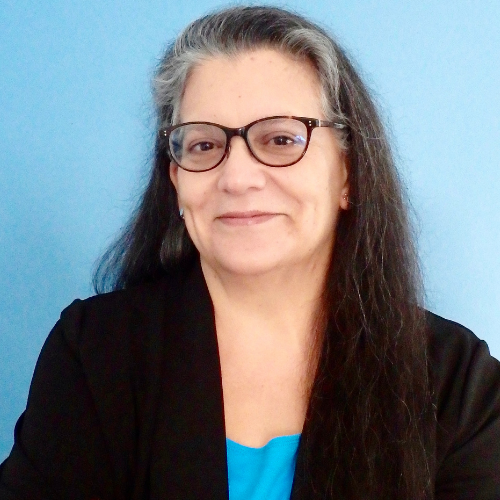Bad Indians: A Tribal Memoir (10th Anniversary Hardcover Edition)

By
Alta Journal California Book Club Pick 2023
Winner, PEN Oakland–Josephine Miles Literary Award
Winner, 2014 Independent Publisher Book Award, Gold Medal for Autobiography/Memoir
Shortlisted for the 2014 William Saroyan International Prize for Writing
Bad Indians—part tribal history, part lyric and intimate memoir—is essential reading for anyone seeking to learn about California Indian history, past and present. Widely adopted in classrooms and book clubs throughout the United States, Bad Indians—now reissued in significantly expanded form for its 10th anniversary—plumbs ancestry, survivance, and the cultural memory of Native California.
In this best-selling, now-classic memoir, Deborah A. Miranda tells stories of her Ohlone/Costanoan-Esselen family and the experiences of California Indians more widely through oral histories, newspaper clippings, anthropological recordings, personal reflections, and poems. This anniversary edition—the first time the book has seen release in hardcover format—includes several new poems and essays, as well as an extensive afterword, totaling more than fifty pages of new material. Wise, indignant, and playful all at once, Bad Indians is a beautiful and devastating read, and an indispensable book for anyone seeking a more just telling of American history.
Reviews
"I teach this book to my students in every creative nonfiction class and am excited by it every time. It is a powerful example of how memoir can be what we want it to be. This is a fearless and beautiful book." Sasha taqʷšəblu LaPointe, author of Red Paint: The Ancestral Autobiography of a Coast Salish Punk
“Bad Indians stands out as a classic quintessentially Indigenous memoir. It is a powerful text that demonstrates, through a merging of personal storytelling, history, and gathering of testimony, a meta-story of generational trauma and triumph. It is the best book of its kind and will continue to be an essential text in California, national, and world history.” Joy Harjo, 23rd United States poet laureate, author of Poet Warrior and An American Sunrise
“Essential for all of us who were taught in school that the ‘Mission Indians’ no longer existed in California. [...] Miranda takes us on a journey to locate herself by way of the stories of her ancestors and others who come alive through her writing. It’s such a fine book that a few words can’t do it justice.” Leslie Marmon Silko, author of Ceremony and Storyteller
"Bad Indians is the sacred text and story of California, the book that sits beside me when I write, the book I have given to all of my daughters, the book I give to people I love when they need to know the deeply-sung truths and revelations of this state, of this world. Deborah Miranda writes of hundreds of years of children, parents, love and despair and love again, here in a land beloved and stolen and cherished. With tenderness and fiercely lyrical beauty, she takes apart myth and resurrects the branches of her own trees, as no one else ever could." Susan Straight, author of Mecca and In the Country of Women
"A desperately needed correction to centuries of fantasy and whitewashing. [...] Miranda’s dialogic kit is rich and deep, and it uses archival aesthetics to create a story that is as full of information and lacunae as California history itself. Accepting that some parts of her family’s past will never be retrievable gives Miranda the chance to allow readers to appreciate how much was destroyed in the history of contact between California’s Native tribes and the Mexican and European settlers who came to establish the mission system." John Freeman
"Bad Indians serves as a vital, eloquent corrective to the dominant narrative of California. [...] This is a vibrant tapestry of a text, an assemblage of poetry, oral history, prayer, visual collage, memoir, elegy, and personal testimony. [...] How will we change the story of California? With what Native-led texts can we begin? It is our unearned fortune that Miranda asks these challenging questions and directs us to the languages and stories with which to answer them." S. M. Sukardi, Alta Journal
“A searing indictment of the ravages of the past and a hopeful look at the courage to confront and overcome them.” Kirkus Reviews
"Throughout Bad Indians, Miranda employs an array of strategies: writing letters and reproducing images, sharing poems and documents. It’s all a way to create territory for the many voices that have been effaced. The point is to explore a larger story, deeper and more diffuse. This is why it must be shared and heard." David Ulin
“In Bad Indians: A Tribal Memoir, we learn about the Indigenous people of California from the 16th century to the present. What was and is day-to-day life for them? How much has been erased from our history books? How do we begin to dispel the myth that Native Americans are a people of the past? We start here.” ELLE
“Miranda locates Native women’s voices in the archives, exhuming them from anthropological documents and newspapers so their words can accompany hers in this robust rejection of dominant narratives of Native absence. . . . At times playful, at other times tender, Bad Indians is a powerful read.” Book Riot
"In Bad Indians: A Tribal Memoir [...] Deborah A. Miranda rightly insists on putting together the voices of her people and a critique of the mythology that required them to submit to an unequal structure, even in the telling of their own stories." Anita Felicelli, Alta Journal
“This multi-genre memoir uses archives in all senses of the word, as well as imaginative writing, to render a prismatic and complex story about her own family and the history of colonization in California from the Spanish missions of the 1700s to present.” Mental Floss
“Miranda’s research into her family history, Indigenous Californians, is the grounding cable for her to tell their collective tribal story. The book is full of photo slides, obtained through her meticulous research, as she writes to humanize the people within them; some of them her direct ancestors. Through Miranda’s poetic lyricism and objective research we cannot help but feel them through the lens.” Electric Literature
“Miranda’s is an emotional, powerfully told story that contributes greatly to her goal of ‘killing the lies’ about her people.” Deborah Donovan, Booklist
“For so long, Native writers and readers have opened books of our tribal history, archaeology, and anthropology and found that it is not the story we know. [...] From the voice of the silenced, the written about and not written by, this book is groundbreaking not only as literature but as history.” Linda Hogan, author of A History of Kindness and The Radiant Lives of Animals
“With insight and compassion, Deborah A. Miranda has written and compiled a potent history, an engaging family story, and a memoir of extraordinary depth. Bad Indians has become a classic.” Debra Magpie Earling, author of Perma Red and The Lost Journals of Sacajewea
“In its first decade, Bad Indians has inspired a generation of readers, students, and scholars with its poetic force and with its searing indictments of the discourses of Indian vanishing and the practices of Indian erasure. Perhaps more profoundly, Bad Indians has modeled a new method for writing Indigenous histories: one that fully articulates the personal within the communal and the affective within the political. Just imagine what this book, its beauty, and its provocations will accomplish in the decades to come.” Chadwick Allen, author of Earthworks Rising: Mound Building in Native Literature and Arts
“No other history of California’s Indigenous communities that I know of presents such a moving, personal account of loss and survival.” Frederick E. Hoxie, professor emeritus at University of Illinois, Urbana-Champaign
“For anyone and everyone who likes to listen to and tell stories and who believes in the liberating power of story.” Jonah Raskin, Anderson Valley Advertiser
"There are simply not enough superlatives to describe Deborah Miranda’s stunning memoir, a memoir that deftly and movingly weaves the historical with the personal. In passionate prose, Deborah writes the true story behind the white-washed history of California’s revered Missions whose enslavement, degradation and genocide of California coastal Indigenous tribes was covered up for centuries. [...] This beautifully-wrought memoir should be mandatory as a text in every American history class." Pamela Uschuk, author of Crazy Love and Refugee


